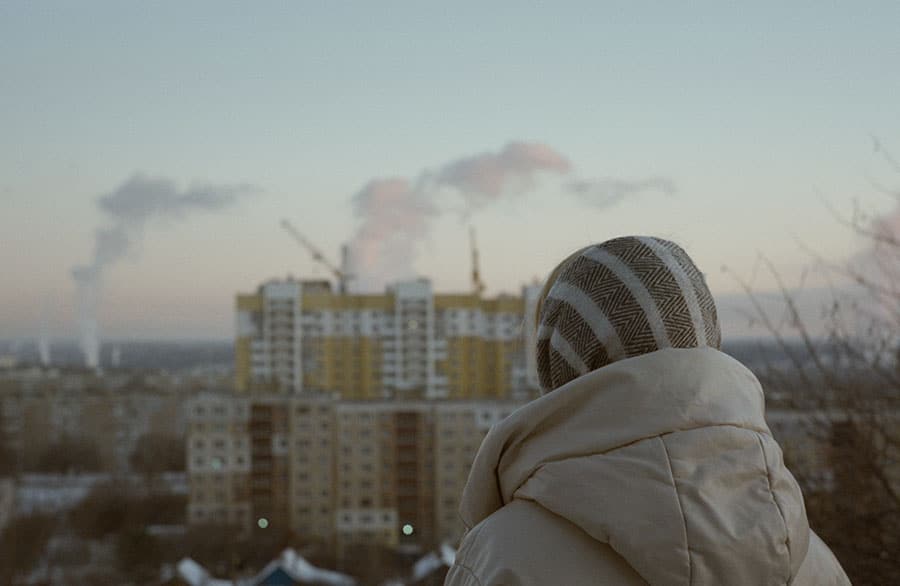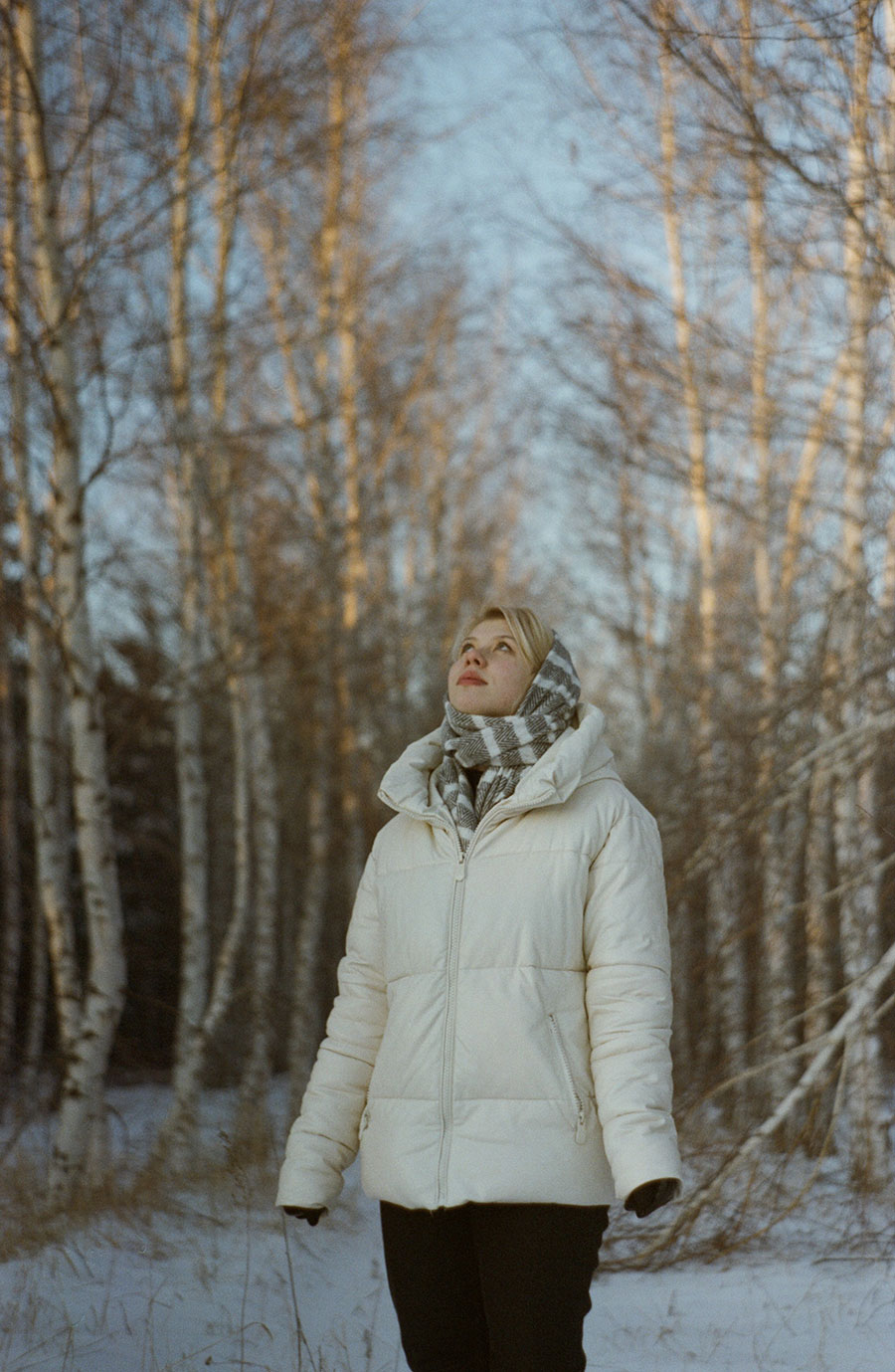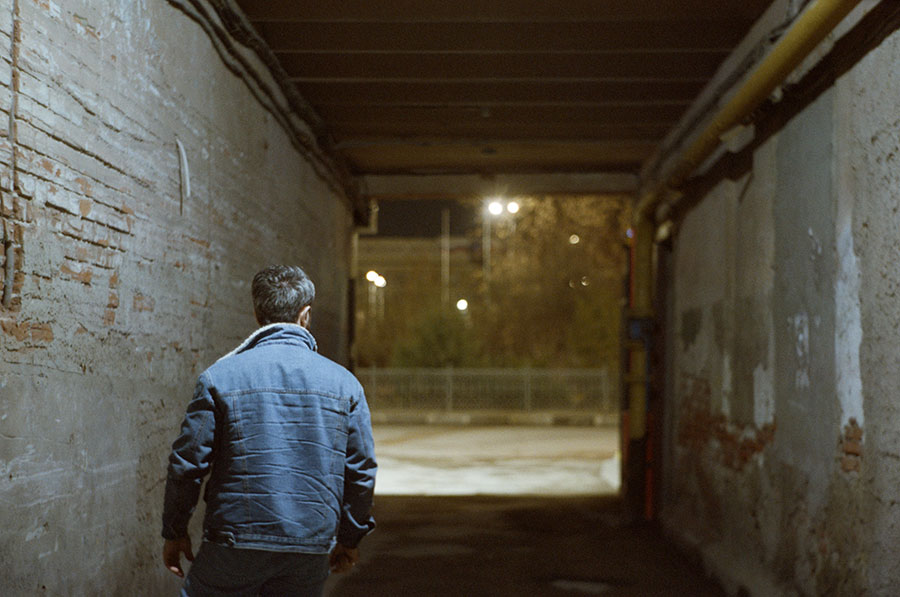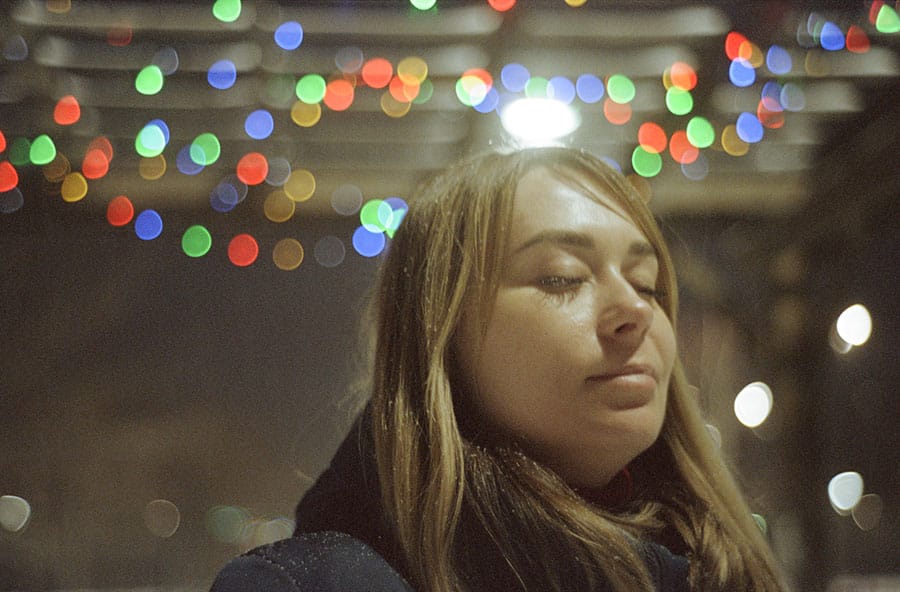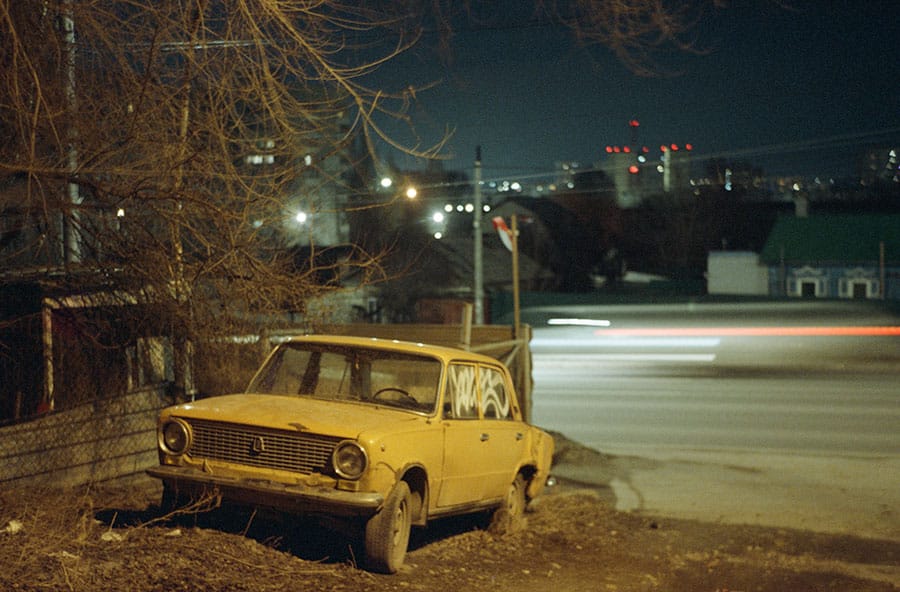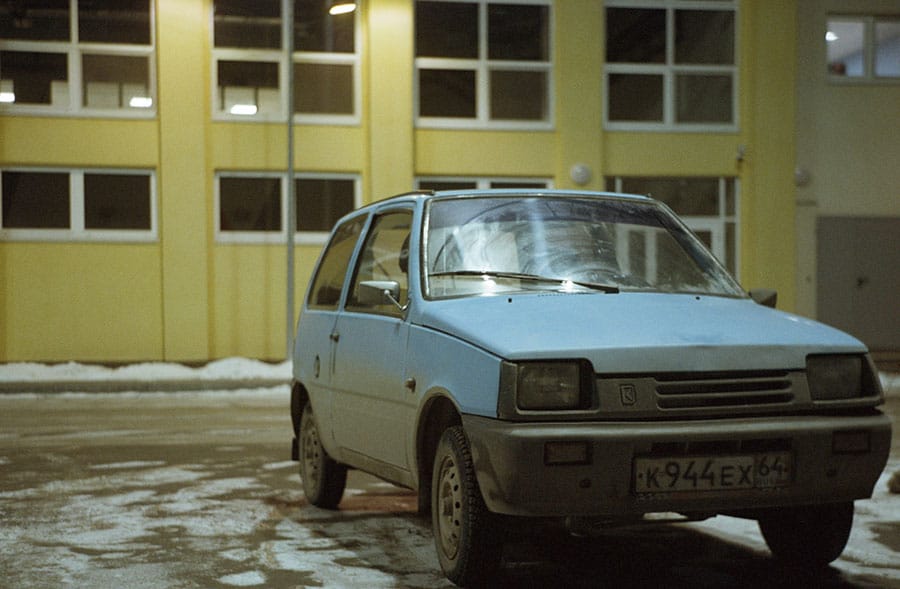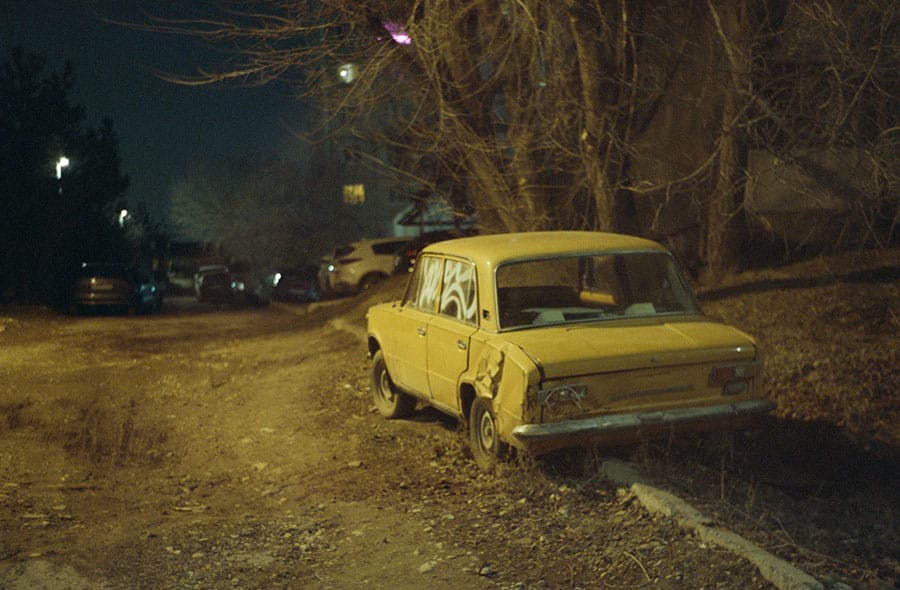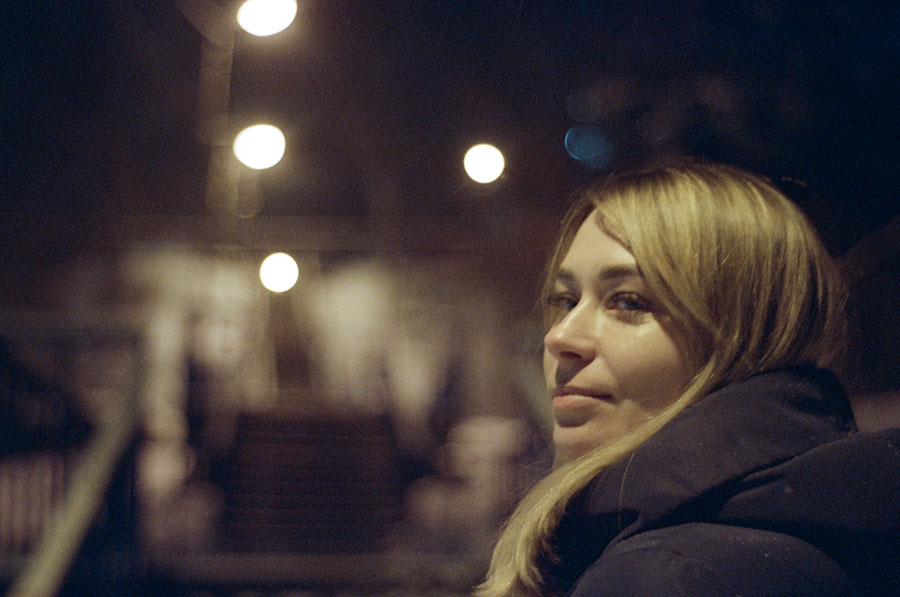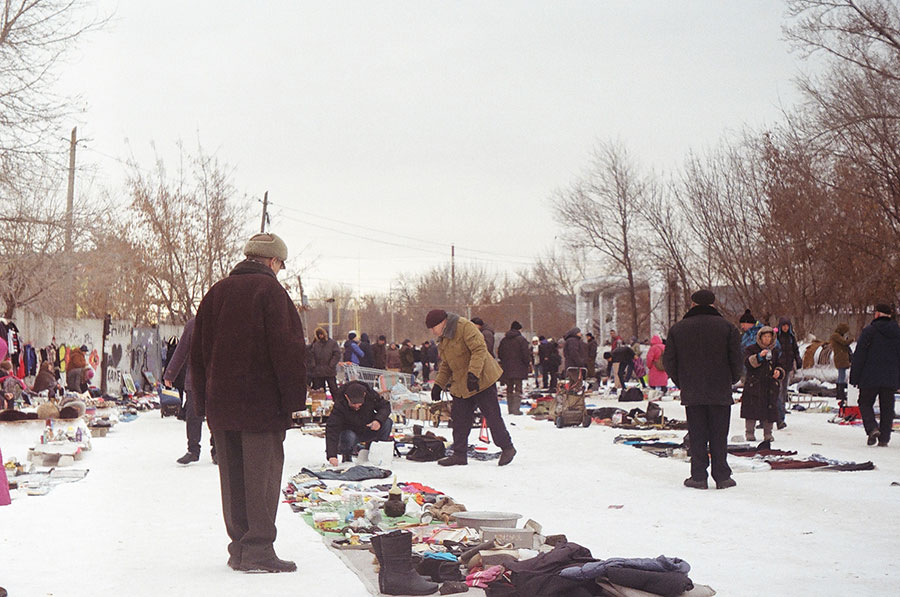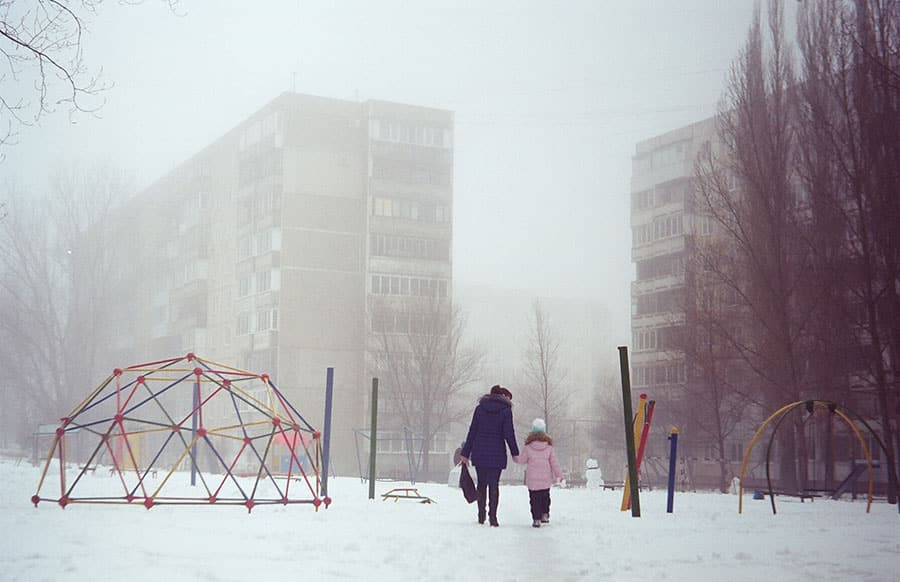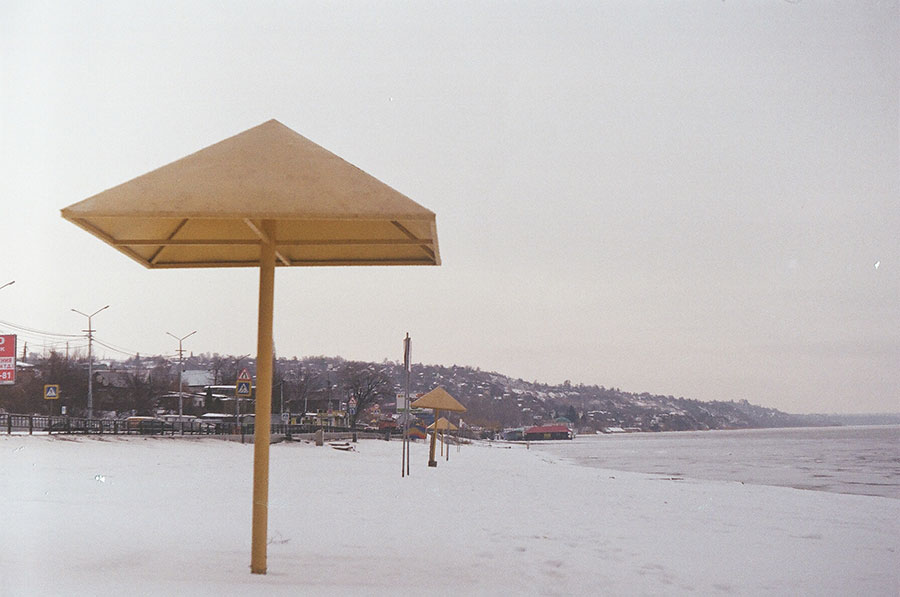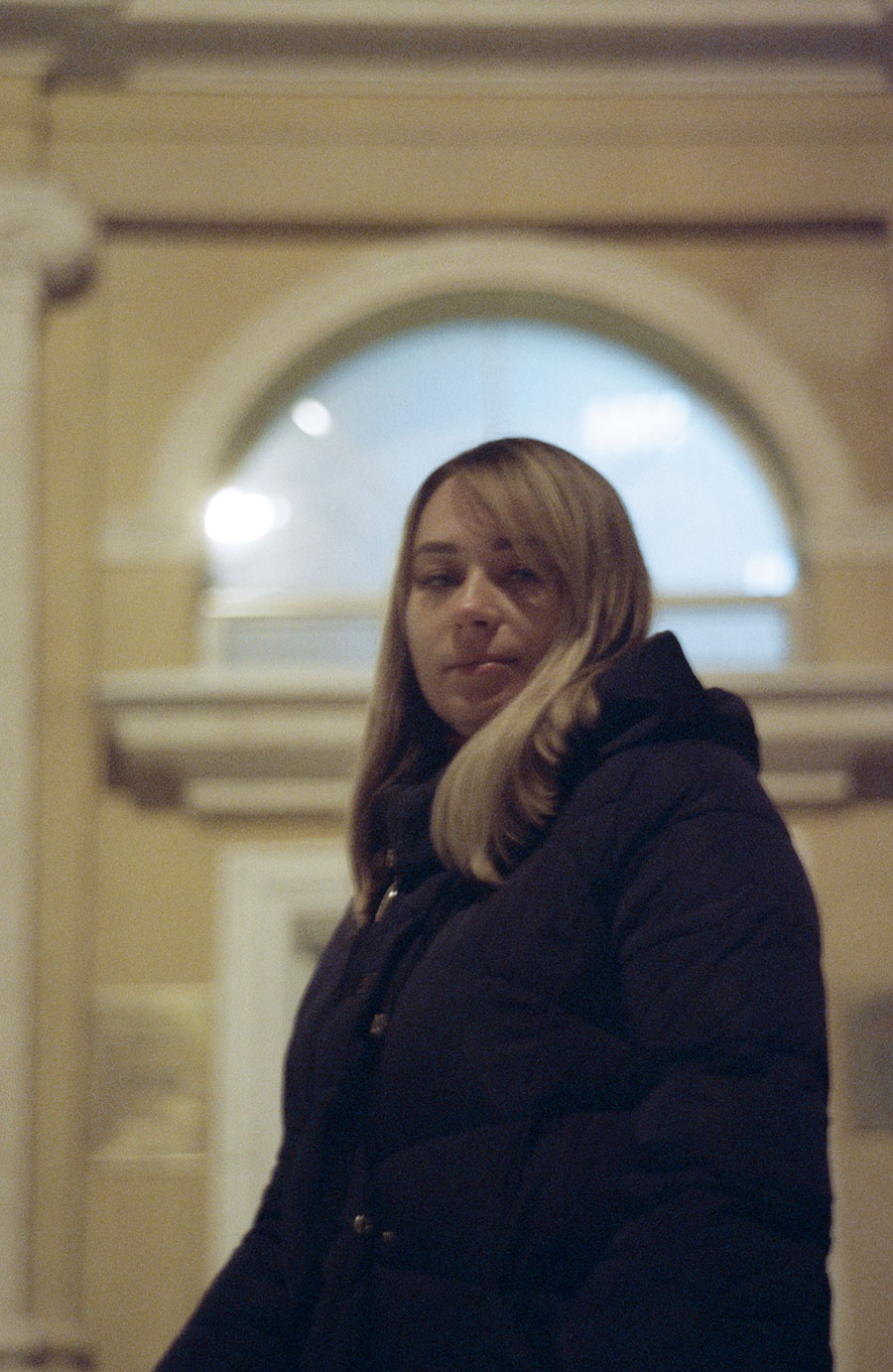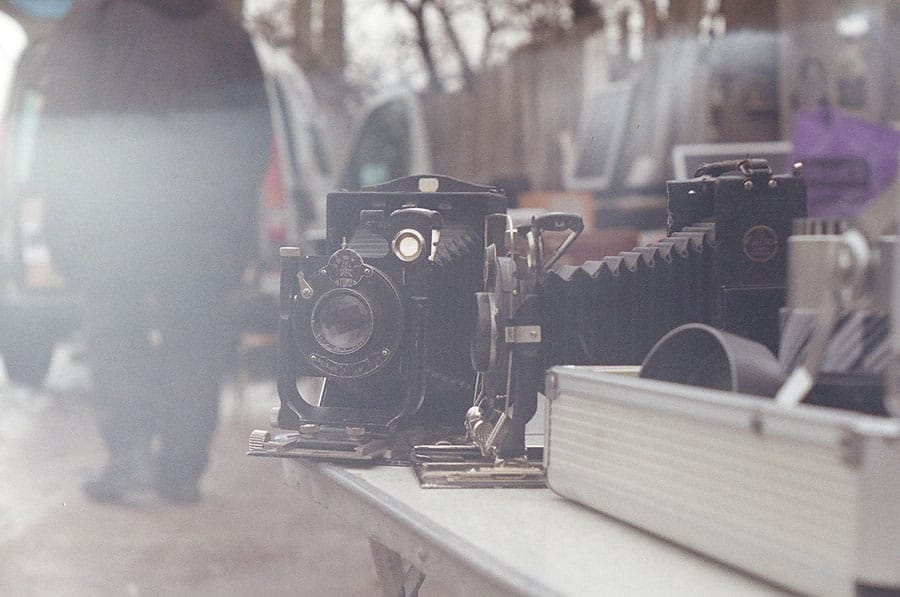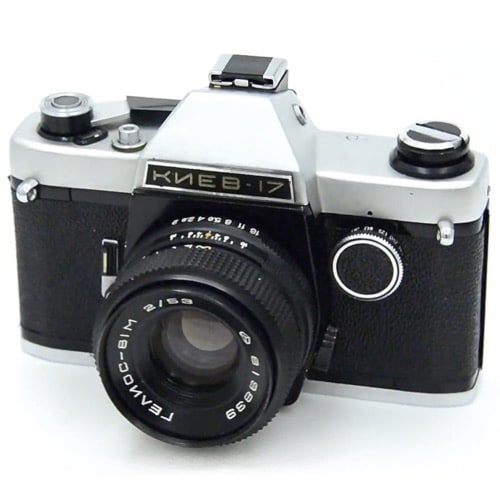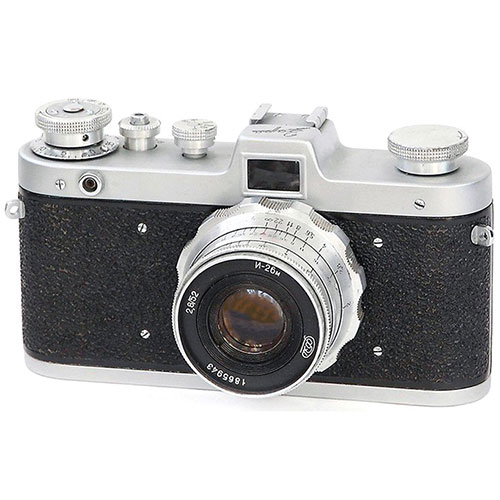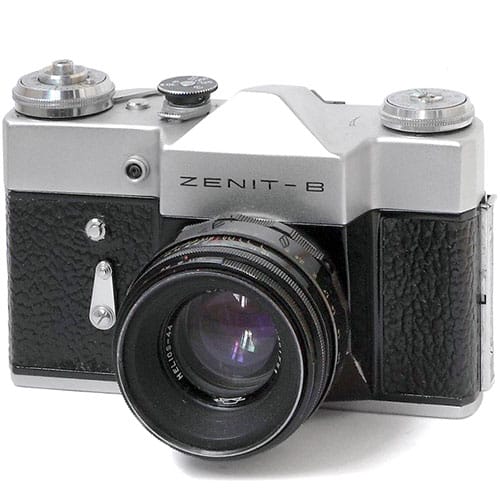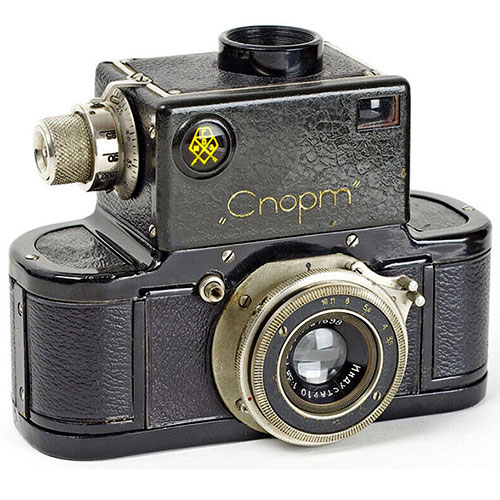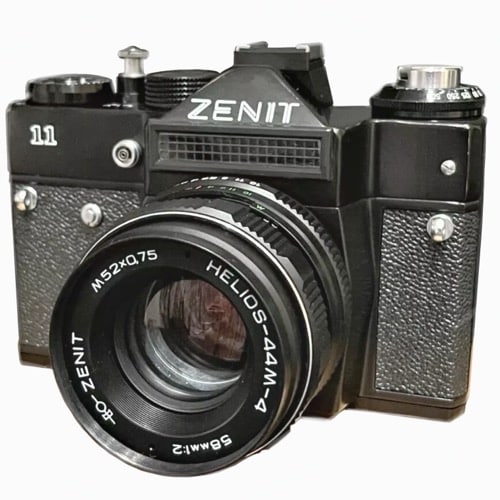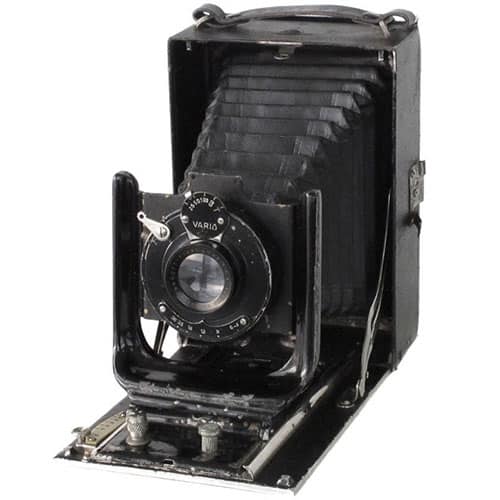Zorki
Zorki or Zorki-1 is a Soviet 35mm rangefinder camera, which was a clone of the German Leica II and was produced from 1948 to 1956.
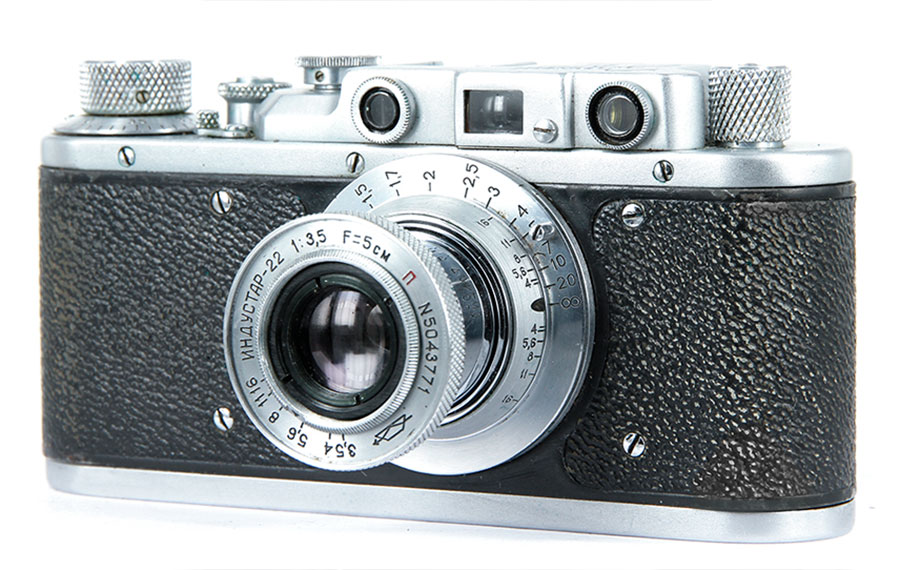
Zorki-1 was the first camera in a line of rangefinder cameras called Zorki. The first Soviet clone of Leica II was the FED camera, which was produced at the Kharkov machine-building plant since 1934. The first Soviet clone of Leica was the FED camera, which was produced at the Kharkov machine-building plant since 1934. After the outbreak of the WWII, all production was transferred to the city of Krasnogorsk near Moscow, where Zorki cameras appeared.
Zorki Specifications
- Type: 35mm rangefinder camera
- Manufacturer: KMZ plant
- Production period: from 1948 to 1956
- Format: 24x36cm on 135 film
- Lens mount: m39 thread mount
- Lens: Industar-22 f3.5/50 or Industar-50 f3.5/50
- Rangefinder base: 38mm
- Shutter: focal-plane shutter with speeds from 1/20 to 1/500 sec.
- Viewfinder: optical parallax viewfinder not combined with the rangefinder
- Lighmeter: none
- Flash synchronisation: none
- Selftimer: none
- Weight: 580 grams
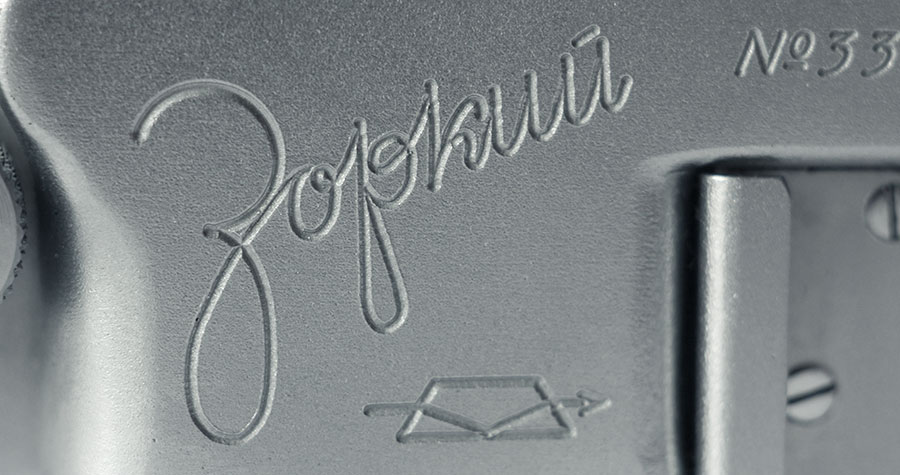
The Zorki camera came with an Industar-22 f3.5/50 or Industar-50 f3.5/50 lens (in the later years of production). Both lenses have excellent performance and produce truly vintage photographs. The image is quite sharp, but at the same time has the same softness that you could see in photographs of the early to mid-20th century.
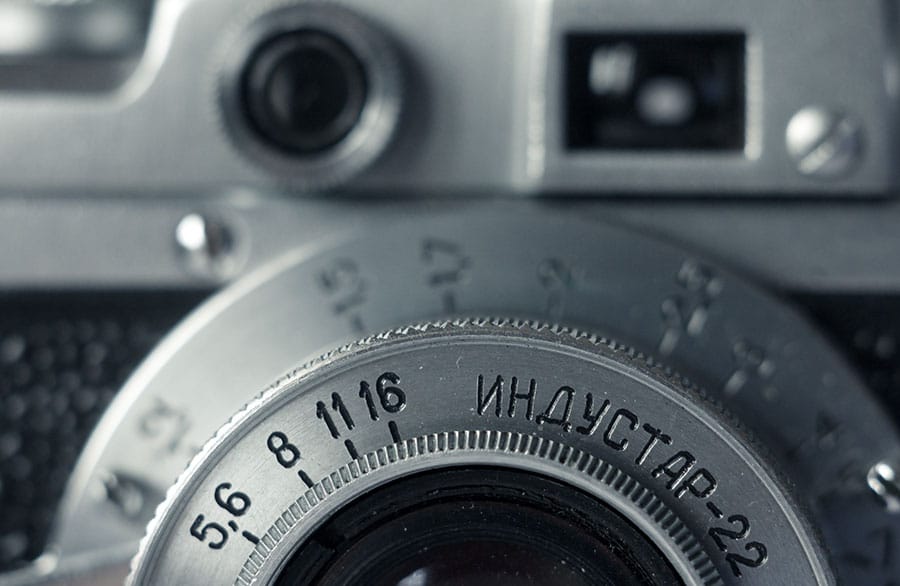
The camera was equipped with a shutter that was copied from Leica II and worked out shutter speeds from 1/20 to 1/500 sec. Of course, such a set of shuter speeds may seem too small in our time, but we recall that, firstly, we are talking about a camera from the 40s, and secondly, such a set of shutter speeds was used on Zenits that were produced in the 90s.
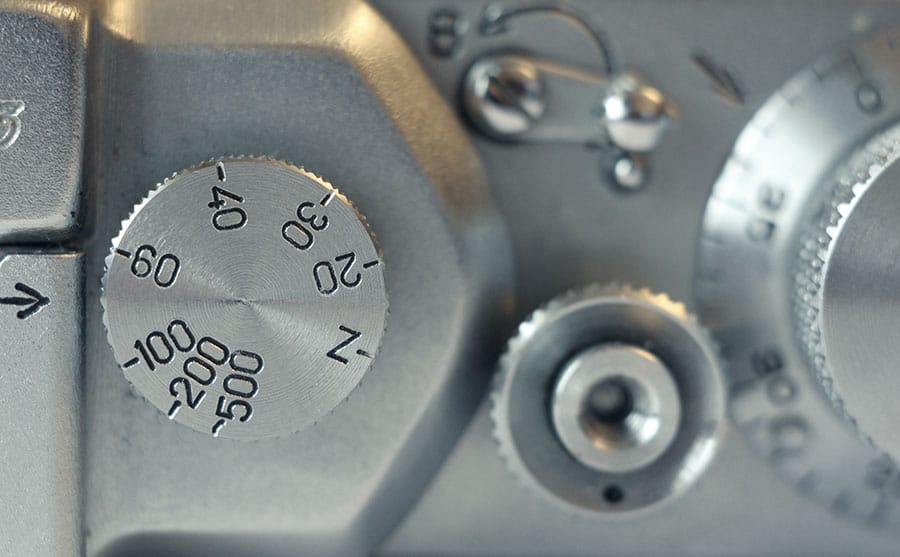
In the Zorki camera, not only the appearance of Leica was well reproduced, but also how this camera works. All the knobs turn very smoothly and pleasantly, the shutter button works softly and quietly, the lens helicoid moves smoothly, and the camera itself feels like something of very high quality and well assembled in the hands.
You will see the differences when you put Zorki-1 next to the original Leica II. All the uneven edges, polishing roughness, poor quality of the coating, etc. will immediately make it clear where the copy is and where the unique German original is.
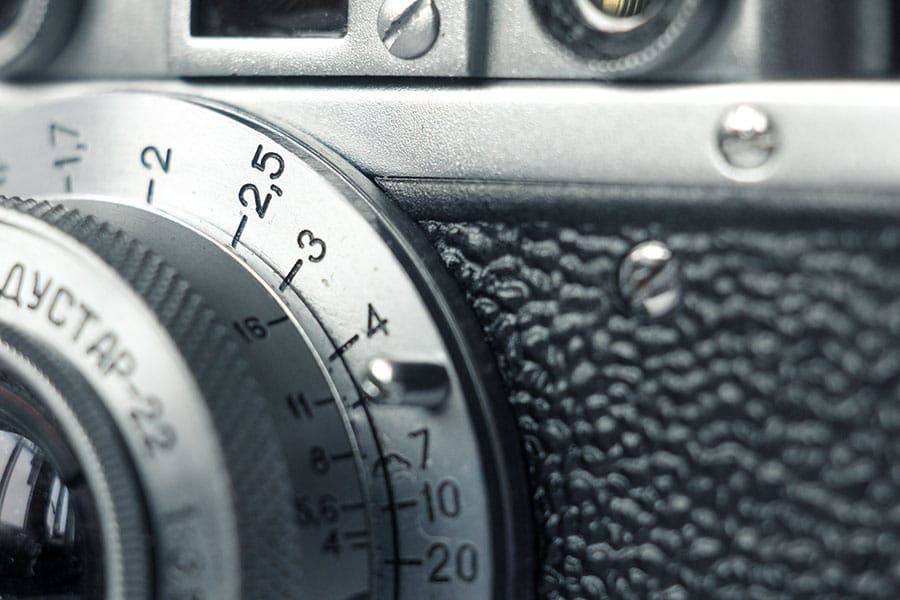
The Zorki-1 camera works very quietly and pleasantly, and can be an excellent camera for street photography, because, firstly, no one on the street will hear you, and secondly, no one will think that such a fossil exhibit can make photos in our time.
In addition, this Soviet rangefinder camera is very compact and lightweight, and can fit in a jeans pocket or a small bag. The camera does not have a light meter and a sync contact, which will not be a big problem in our time with the presence of light meters in phones and the presence of high-speed film on the market.
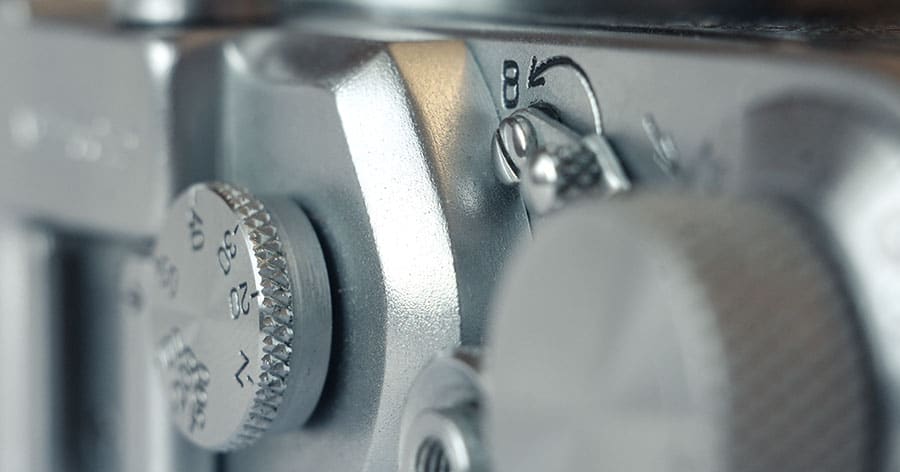
When buying this Soviet camera, you need to remember that this is one of the very first film rangefinder cameras of its kind, which means that using this camera will be much more difficult than modern cameras.
First, you will have to focus through one window, and shoot through another. Secondly, you will have to load the film from below, because the back cover does not open. In addition, you will have difficulty changing lenses, because each lens is adjusted for a specific camera.
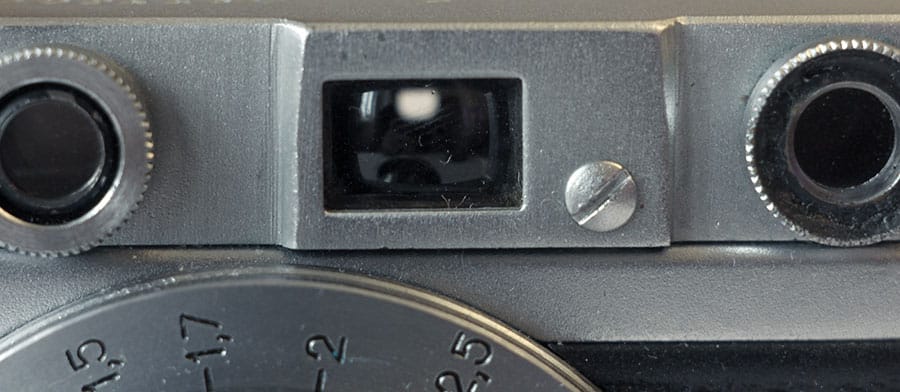
Conclusion
The Zorki camera is one of the most pleasant Soviet cameras, because it inherited the spirit of the German original.
The camera is very simple, beautiful and stylish. It has very nice ergonomics and can produce great shots with a truly vintage charm.
Nowadays, the Zorki of the first model will be of interest to everyone who wants to shoot with really old photographic equipment and understand how the process of photography took place in the old days.
ZORKI PHOTOS

